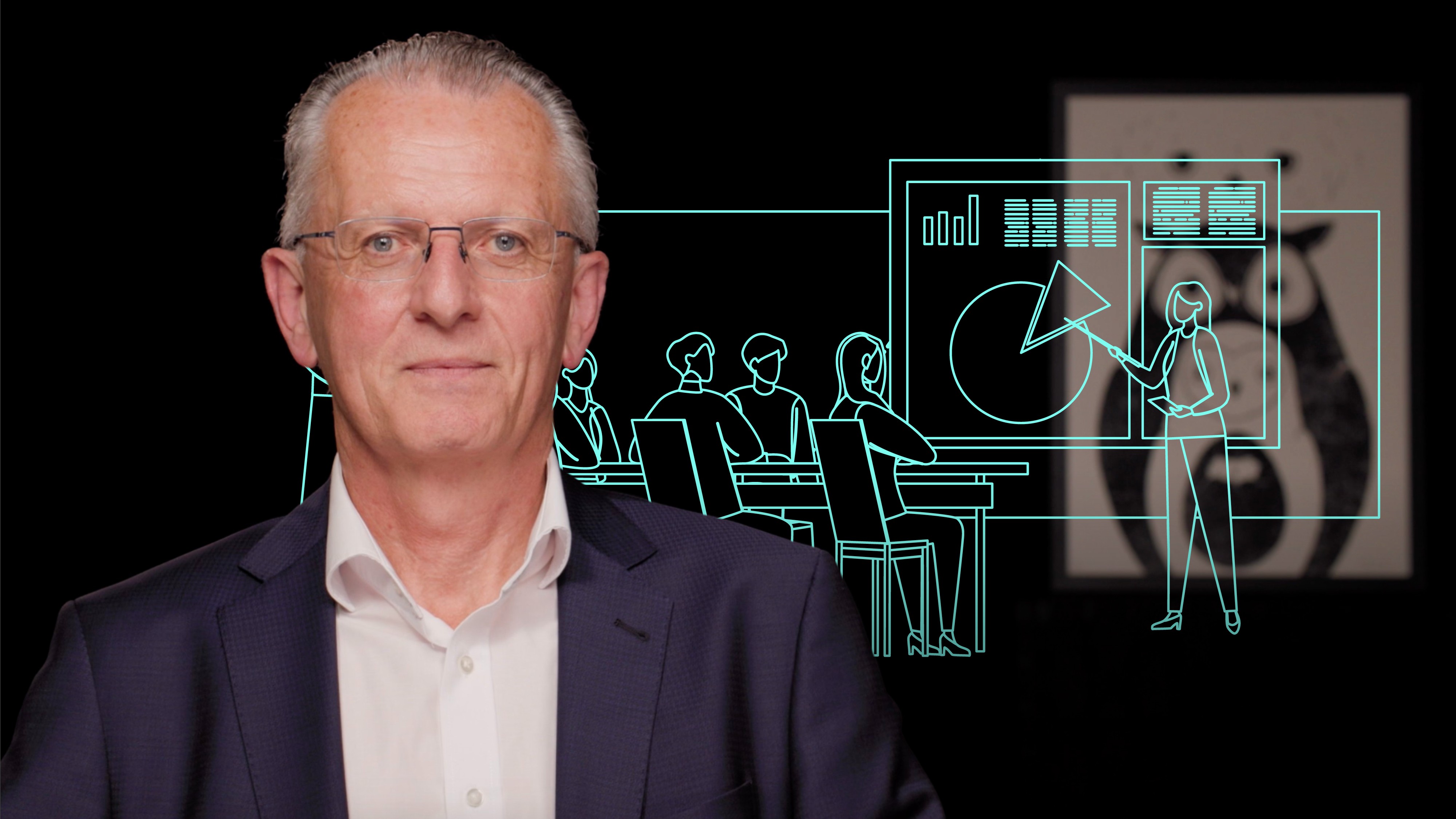What are the different skill set requirements for equity IR and debt IR?
The skill set requirements for equity IR and debt IR share similarities but have distinct emphases. Debt IR professionals typically come from treasury or capital markets backgrounds and require a strong understanding of these areas. Equity IR professionals often have backgrounds in communications, finance, accountancy, or as buy or sell-side analysts. In both fields, an IR professional should demonstrate credibility, authority, confidence, and comprehensive knowledge of the business. Key skills also include good collaborative abilities, authority and presence, understanding financial reporting, and strong presentation skills. Essentially, an IR professional should be a Jack or Jill of all trades, able to navigate complex financial landscapes and communicate effectively.
How are roadshows used to facilitate communication with investors?
Roadshows are crucial events used to engage with the investment community by facilitating a series of investor meetings. These meetings can be virtual or physical, one-on-one or in groups, and occur over several days across different locations. In equity IR, roadshows can be event-specific, such as coinciding with corporate announcements, or non-specific to boost investor knowledge and interest, especially before an IPO. In debt IR, roadshows can be deal-specific, for bond issues, or non-deal-specific to raise awareness of a company's debt programmes. Roadshows may precede formal book-building exercises to assess investor appetite and help set transaction parameters. With the rise of remote work due to COVID, virtual roadshows have become more prominent, offering flexibility and increased reach.
What are the different structures and reporting lines of the IR function?
The structure and reporting lines of the IR function vary significantly between companies, depending on factors such as size, complexity, and management commitment. Some companies have a dedicated IR team, while others have separate equity and debt IR teams within the corporate hierarchy. Alternatively, IR may sit within another department, such as finance, corporate communications, or treasury. Historically, IR was part of the corporate communications team, but with its increasing technical demands, it often sits within the finance function, sometimes with a dotted line to communications. In some organisations, IR may report directly to the CEO, maintaining connections with finance, treasury, communications, and PR. Ultimately, each company tailors its IR setup to its unique needs and goals.































